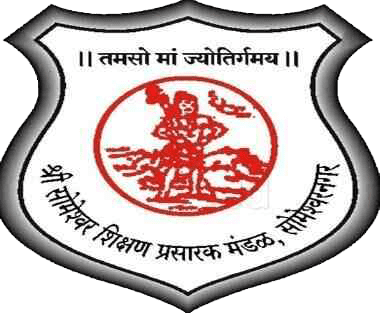CO/PO’s
Course Outcomes (COs) :
CO1 : Student will be able to solve system of linear equations by using matrices.
CO2 : Student will be able to solve many engineering problems by using De’moivres theorems
CO3 : Student will be able to find the nature of Infinite series and also to find nth derivatives of any function.
CO4 : Student will be able to expand any function in the series form, also find limit of any functions by using L-Hospital Rule.
CO5 : Student will be able to find partial Derivative using Euler's theorems.
CO6 : Student will be able to find Jocobian of any function and Error , also Maximum and Minimum value of functions of two variables.
CO7 : Student will be able to solve Differential equations by using the various methods like Variable separable, Homogeneous, Exact, Linear ect.
CO8 : Student will be able to solve many Applications of Differential Equations in Mechanical, Electrical, Civil and Chemical engineering.
CO9 : Student will be able to find the nature of Fourier series and Integral Calculus.
CO10 : Student will be able to expand differentiation under the integral sign and Tracing of curves like Cartesian, polar and parametric curves.
CO11 : Student will be able to find the equations of Sphere, Cone and Cylinder.
CO12 : Student will be able to solve Multiple integrals and study applications in area, volume and RMS values, Centre of gravity and Moment of inertia.
Program Outcomes (PO) :
PO1 : Apply the knowledge of mathematics, science, engineering fundamentals, and an engineering specialization to the solution of complex engineering problems.
PO2 : Identify, formulate, review research literature, and analyze complex engineering problems reaching substantiated conclusions using first principles of mathematics, natural sciences, and engineering sciences.
PO3 : Design solutions for complex engineering problems and design system components or processes that meet the specified needs with appropriate consideration for the public health and safety, and the cultural, societal, and environmental considerations.
PO4 : Use research-based knowledge and research methods including design of experiments, analysis and interpretation of data, and synthesis of the information to provide valid conclusions.
PO5 : Create, select, and apply appropriate techniques, resources, and modern engineering and IT tools including prediction and modeling to complex engineering activities with an understanding of the limitations.
PO6 : Apply reasoning informed by the contextual knowledge to assess societal, health, safety, legal and cultural issues and the consequent responsibilities relevant to the professional engineering practice.
